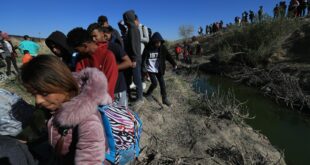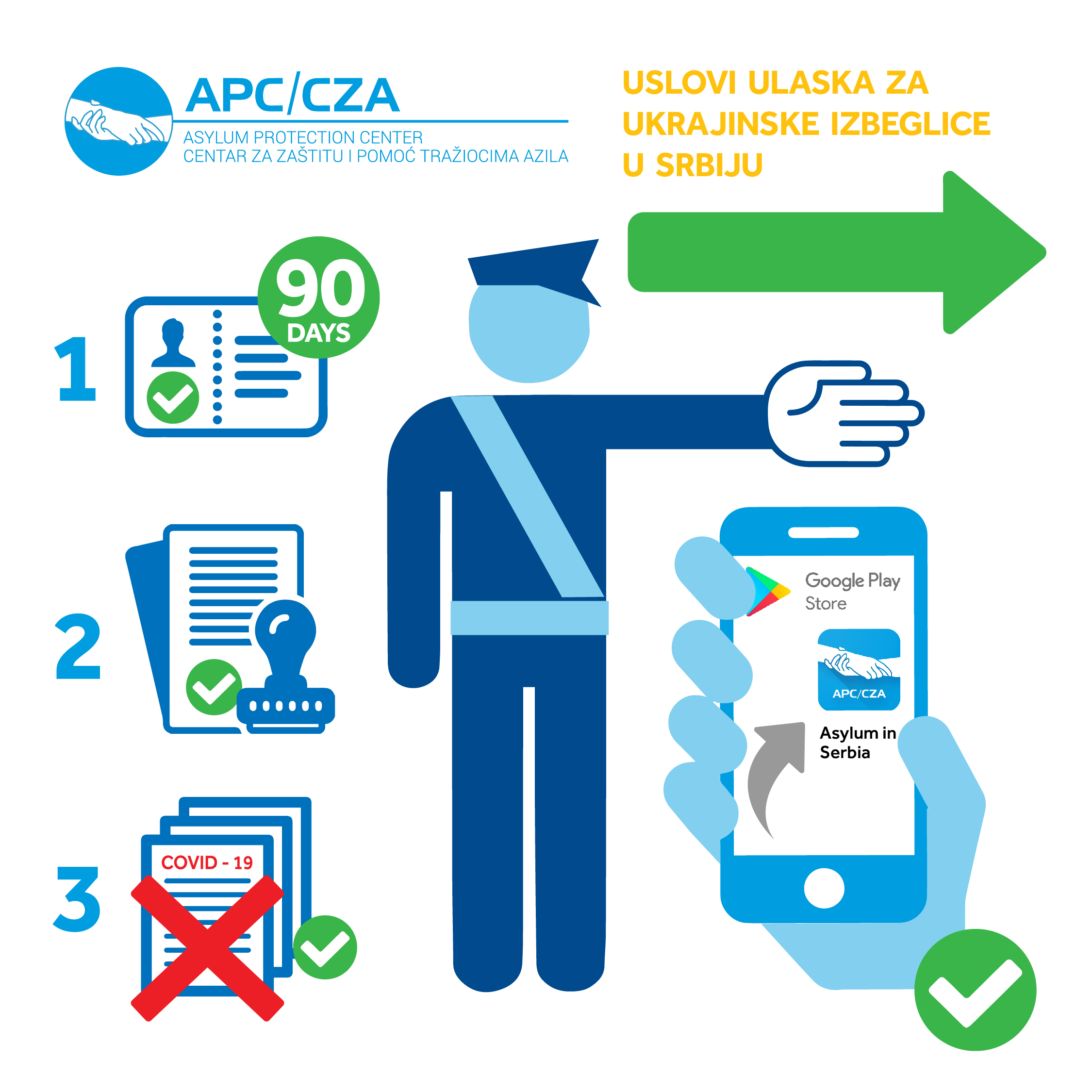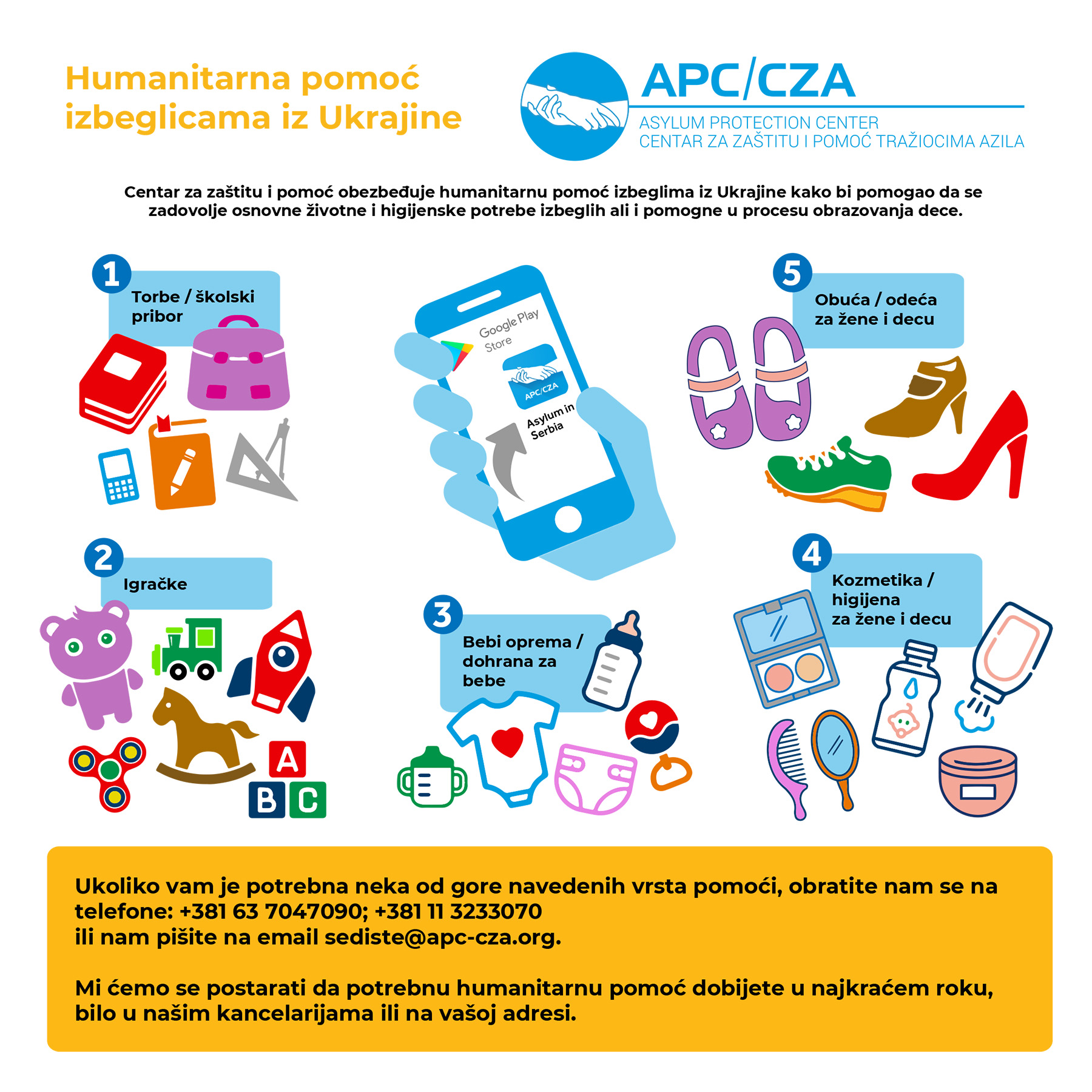Belgrade, November 29 – Thousands of refugees are stuck in Serbia – They can not go forward, they will not go back. Officially camps are arranged enough to receive everyone. Unofficially, the centers are in disarray and unannounced deportations happen in Macedonia.
„How old are you?” „15.” „Are you travelling alone?” „Yes, alone.“ „No one offered to protect you?“ „No. No one.“ „Do you have family in Germany or elsewhere?“ „No, no one. My family is the one who sent me here. You know the situation in Afghanistan. There, I went to school, and my father is a farmer. That’s why he sent me to Europe, to change my life and become a farmer like him.”
Sohel is a thin boy, in puberty, with a web thin mustache and eyes that look as if they have seen too much. Sohel is one of the ten thousand people who are trying to reach Western Europe and are stuck in Serbia, who are in an ejecting stage of despair, and do not know if they will ever be able to continue or will have to go back to their home countries. Sohel, however, is not one of the seven thousand in the camps of the state of Serbia, although he is a minor who travel alone.
Instead, he spent days and nights in a rundown warhouse between the railway and bus station in Belgrade, a long brick building that now sharply falls on the wet ground, plastic tarps keep the campfire going and the sweat of unwashed bodies. In one place, from the pipe, ice water is pouring out, outside on wires hang worn out garments, Between layers of garbage, people set up beams and boards to limite their territories. Some people sleep under worn out blankets, others are praying, cooking in worn out pots, looking at maps of the Balkans, singing, reading, doing something, or doing nothing. “It’s really not possible to live here, but that’s all we have, ” says Sohel.
Twice ahead
How things are now, after so many troubles in crossing bordersm and from the Serbian limbo moving forward lead to two paths. „The impression is that it’s just buying time, people are dying, staying here and have little hope of going through. With an enormous number of unaccompanied minors who have no chance of being next in line. Young individuals in comparison to families are let through a lot less” a interviewee says for DW, who goes on tours of the camps and in well versed in the situation.
But there is a more important reason as to why people in hangars and parks prefer to live in unfit conditions than in crowded but still dry and warm camps. Refugees, even if the police issue the necessary certificates, do not have a choice in where they stay – most seek accommodation in Krnjaca, Bujanovac or Bogovadja as well as a few other camps that are in decent conditions. However, according to several refugees and activists of non-governmental organizations interviewed by DW, the authorities are sending people to the camp in Presevo. The police came to Belgrade hangar several times and drove people to the south. And Presevo, for Sohale and the others, is a nightmare: „We heard, that when they take you there, you get deported to Macedonia. It happened to friends of mine“,says the young boy. The government is officially not mentioning deportations.
„Presevo is definitely a center of restricted movement. The excuse is used that it is because of their bodies and lungs that people are unable to leave the center „ says Rados Djurovic Director of Asylum Protection Center. It is neither mine or your right to limit someones movement, and under the Constitutions of the Republic of Serbia one is not allowed to do this. Djurovic is a favorite to Belgrade journalists when it comes to the refugee crisis, and not only because he knows what he is talking about. Namely, he is one of the last people ready to speak criticisms in the system on account of official refugee policies. The other have become muted at the beginning of the month when the state banned them from helping the migrants in the center of Belgrade, threatening to take away work permits and accessing refugee camps
Removing people from the streets – this is the tactic referred to as the Commissar for Refugees Vladimir Cucic. He thinks that the first step is a ban on sharing food and clothing in park, but also that informal ex-combatants should be disbanded: ” The way it is being prevented has always been simple, the way that the Hungarians escaped to Budapest through railway stations, to which Idomeni was displace, and the entire Jungle was sheltered in Calais. The first step is that all of these migrants move away from Belgrade streets and head toward the Centers.” Cucic said recently for the media.
For Rados Djurovic this is proof that something dramatically changed. The public, bombarded by such statements, is slowly changing its stance, believing that these people want to free themselves outside before going to the supposedly exceptional conditions offered to them in camps. As an imperfection, last year is when Prime Minister Vucic smiling, went to the refugees in the park at the bus station. Now the green areas there are fenced as no one could approach them. Empathy, perishable goods, did not become a system that would help all those in need. “Serbia resolves the problem in an uncomfortable way – by not increasing its capacities, complicating the whole story and in changing the publics attitude. However, the problem will not be resolved. Even if you have an army and police at the borders, you just point the way towards smugglers” says Djurovic.
Business is not stopping
Which leads us to another direction, even in theory, from a drawer called Serbia back to the north or west into the European Union-illegally„I want to go to France, Italy or Germany, anywhere“, says Zeshan Khan, 22 from Peshawar, Pakistan. On his head a winter hat with an Iron Maiden inscription, on the paved hangar doors, graffiti saying “Open the borders of Hungary”. “The border is closed, so many refugees are staying here. The police is catching refugees, unleashing dogs on them who bite their fingers and hands. This is in Hungary but its also in Croatia. They caught my friends in Croatia, took his money and mobile phone, says Zeshan. Like everyone here, he is thinking of going to some of the borders and testing fate crossing through dark slopes. There is no money for smuggling.
But smugglers are certainly in existence. The do not stay in front of the station anymore, it is not easy for uninformed people to find them, primarily because they send recruits to refugees. They offer passage to Germany, the price list is steep. More sources only confirm that migrants are paying 300 to 500 euros getting from Macedonia to Serbia. Our witness, who continues to wish to stay anonymous, says that refugee groups meet in unexpected places, far from the center of Belgrade, near the Blue or Pancevo Bridget, at Autokomanda. It points to the smuggling of terrorists. “There are still a few thousand invisible people in Serbia. They are in apartments in Belgrade, or because have little money, or are involved in smuggling. The informal impression that the police tolerate smuggling as in other countries, because with them at least some flow of people exists”
Radoš Djurovic lists cases of desperate attempts to get out of Serbia: a minor nearly killed by electricity trying to move from Subotica to Hungary on the roof of a wagon; others enter tanks full of oil; put their bodies at the disposal of smugglers if they cannot pay; many have been kidnapped in order to make more money for family members. “Smuggling groups are strengthening and becoming literally corporations, you have people dealing with logistics, who are soldiers and you can not detect the main smuggling network. Some Serbian citizens also use this opportunity to earn money, but refugees themselves, who due to their language skills and resourcefulness play a significant role as a recruiter for newcomers passing through“, adds Djurovic.
Tensions arise in a small space set off by depression and neuroses. Recently in the center of Belgrade, knives were brandished that cost an Afghan his life. Another hung himself last week near a camp in Adasevci after trying several times in vain to leave Serbia. In Centers, as told by witnesses, there are quarrels and beatings as a result of ethnic intolerance, because the Syrians and Iraqi are “better” than Afghans and Pakistani’s, of who there are two times more people. The situation is crazy in which the Serbian authorities do not, and even citizens do not wish for refugees to stay in Serbia. And against everyone is aware that nothing depends on them.
And what now?
The mathematics is simple: fewer people are leaving in legal and illegal flows from Serbia than they are entering, through smugglers from Bulgaria and Macedonia. The number of newcomers is growing. They rarely begin the bureaucratic labyrinth with a sincere desire to seek asylum in Serbia. Rarely someone receives asylum. Most wish to go onwards towards a promised land. Above the Balkan route – which the European press no longer writes about as if it does not exist – there is an overwhelming possibility of a blatant EU-Turkey agreement, a country where between three and four million refugees in the meantime stopped through. Is Serbia aware of this? „State institutions seem to be aware, but they do not wish to create a public panic. Instead, the impression is that Serbia has the capacity to overcome intercontinental migration and that citizens should not worry about it. However, this denies the situation in the local community,” says Djurovic
While looking at Turkey with one eye, others are watching how European countries are being set up. And they tend to be cruel, the walls are getting taller, and there is less willingness to accept the overflow of the misery of the Middle East or Africa. „The EU has failed it exam in the coherence and consistency of its principles that it has built up“, said defender of citizen Sasa Jankovic in an interview with DW. He thinks that in Serbia a lot can be better in terms of relations with refugees, but that general adaptation to European politics is actually realistic. Like many others, Jankovic does not expect that the expuslion soon cease: “We will have to understand that as part of Europe we will not be able to be only a transit country. We have to understand that the world is changing completely with the fact that it is about tens of millions of people.
The questions of geopolitics, however, do not even appeal to fifteen year old Sohel, he has too many worries. He was already in the warehouse for a month, and would not like to stay there any longer. “We want to go now. Because Winter is coming-” the Afghan boy says along the way, in Belgrade there is still the November sun, but the words sound like a terrible warning from Game of Thrones. Behind Sohail, dirty and hungry, cranes and skeletons of buildings are visible through the hanger doors, there are construction machines and the calls of workers with the Sava in a greenish hue. This is where Belgrade Waterfront will be, with a shopping mall never seen in the likes of the Balkans.
 AzilSrbija AzilSrbija
AzilSrbija AzilSrbija




